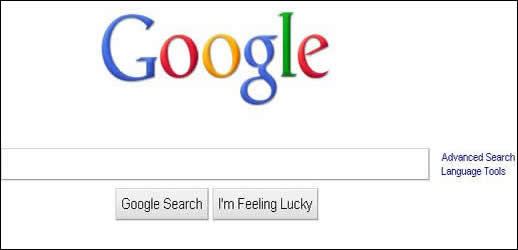Before getting too involved in discussing SEO tips, tricks, trends and anything else that may come up, I thought it would be a good idea to catch people up to speed real quick in terms of getting a general idea of what search engines actually do once a user types in a keyword or query.
For starters, all search engines perform the same basic functions. Specifically, they search the internet for specific words (keywords), keep an index of which words are found and where they find them, and allow users to search for multiple combinations of words in those indexes.
Once someone submits their query, search engines are able to instantaneously sort through hundreds of millions of web pages by using a process known as web crawling, which involves the use of software robots known commonly as spiders, which analyze each page and its content for those specific keywords to determine how they should be indexed.
For example, Google’s spiders search for words within a page, where they are located and the importance of that location, whether it be in a title, subtitle, meta tag, or other area of the page and use this to aid in its indexing of pages. The more relative a page’s content is to the initial search, the higher ranking it will receive in the index, meaning it will appear higher in search results. Although there could be millions of pages with similar words and phrases, search engines will rank some as more relevant, popular, or trustworthy than others (different engines have varying ways of accomplishing this).
Over time as pages are continuously indexed, there are chances for sites to do better or worse in terms of rankings, and this is where Search Engine Optimization becomes so important.

